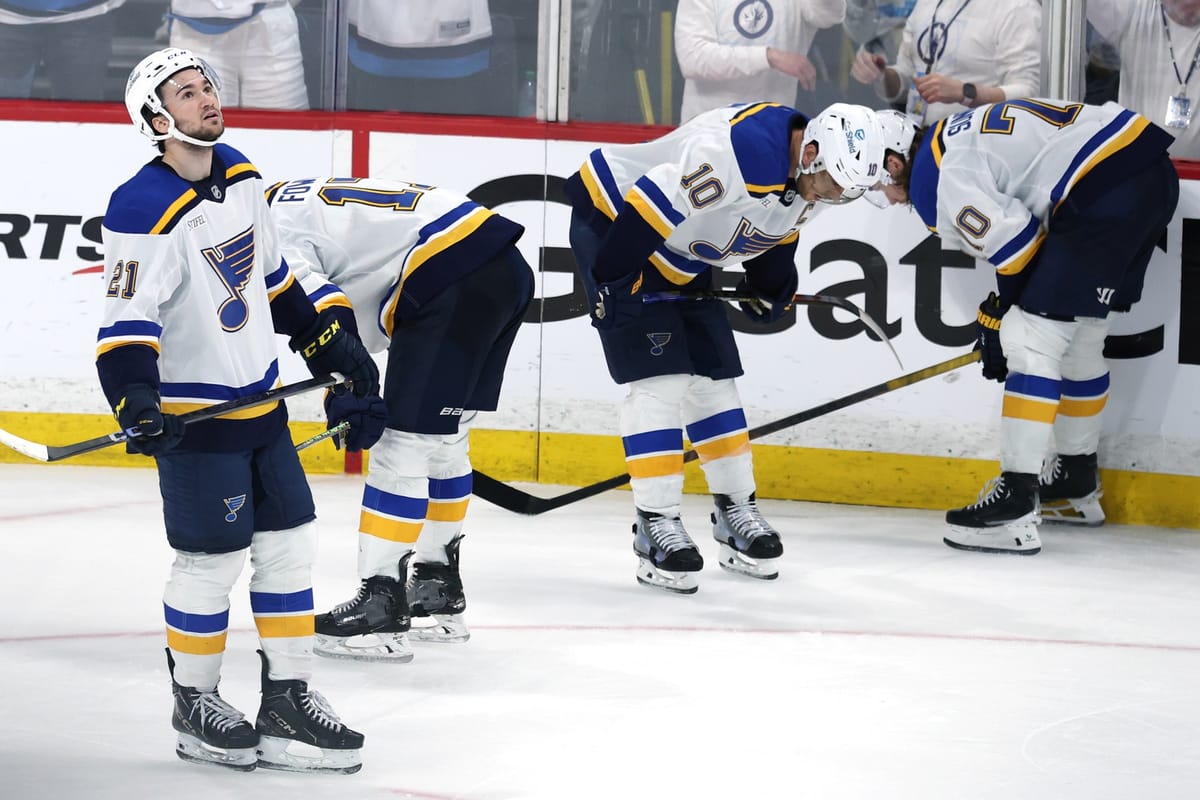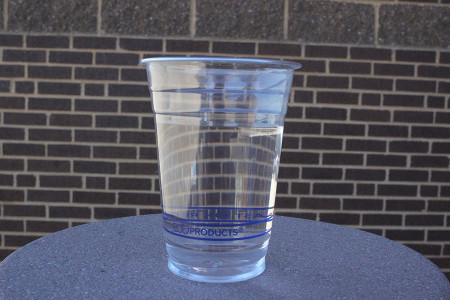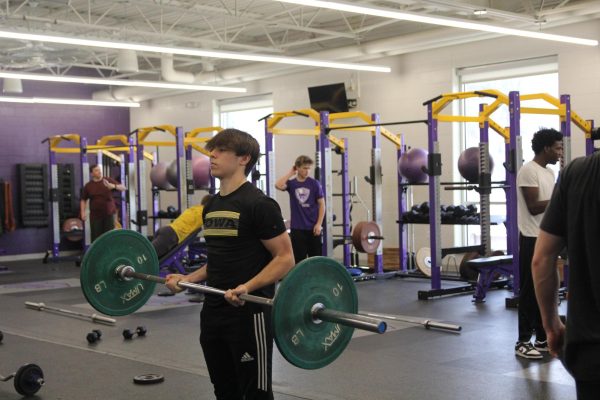Got water?
Probably not enough. A commonly-cited statistic states that seventy-five percent of Americans are dehydrated over an extended period of time.
Dehydration is defined as a loss of fluids equal to 2% of body weight and chronic dehydration is this lack of water over an extended period of time.
“People should drink more water,” Drake Vogl (10) said. “Water is an essential part of our make-up and it’s so readily available; why not? Staying hydrated makes me feel sharper and less lethargic.”
Dehydration can cause symptoms such as headaches, fatigue or tiredness and even confusion.
“You have to drink a lot of fluids. A lot of kids will get headaches during the day and that can simply be from not drinking enough water,” Mrs. Donna Vogel, school nurse, said. “You can become dehydrated at any time, not just in the summer when it’s hot. ”
While the nurses at EHS rarely see students who are extremely dehydrated and in need of IV fluids, approximately one student per day visits the nurses’ office suffering from mild dehydration, according to Mrs. Vogel
“Dehydration can throw off the electrolytes in the body, which are chemicals like potassium and sodium that keep the body’s functions balanced and cause serious illnesses,” Mrs. Priscilla Steele, school nurse, said. “When someone is dehydrated, their body systems won’t work as well as they should. The body needs water and hydration to work effectively.”
Dehydration is especially prevalent in cancer patients, diabetics and the elderly, Dr. Tracy Novel, pediatrician at Community Health in Partnership SVS, said in a phone interview conducted, Dec. 5.
“There are so many people that are dehydrated,” Dr. Thackrey said. “As far as the statistic that says seventy-five percent of Americans are dehydrated goes, I would say that it’s true.”
Althetes are aware of how important staying hydrated is. Wrestlers in particular must be conscious of their hydration levels, due to their tendency to lose and gain significant amounts of weight in relatively short periods of time.
“Some wrestlers will try to lose 10 pounds in a week which isn’t healthy,” Mr. Charlie Weir, athletic trainer, said. “They have to maintain their health and stay hydrated so that they can keep competing.”
Wrestlers cut weight so that they can weigh into a lower weight class, then, after the weigh-ins, will gain the weight back in order to bulk up to gain an advantage over their opponent.
“When I cut weight, I try to eat healthy, but I don’t eat huge portions,” Kyle Kulik, wrestler, said. “Hydration is imperative so that I can keep up my mental sharpness and abilities and sports. I want to be in top physical condition and staying hydrated helps.”
When cutting weight, some wrestlers will refrain from eating, while exercising in extreme conditions.
“Hydration is very important to the coaches,” Jared Ernst, wrestler, said. “They always make sure the wrestlers aren’t getting dehydrated. They give us water bottles to make sure that we’re always drinking water and don’t get dehydrated at all. It definitely improves our performance.”
Every wrestler must undergo a hydration test in order to ensure that the athletes are staying healthy.
“What a lot of athletes don’t understand is dehydration doesn’t just occur during the exercise; the dehydration process takes place before,” Mr. Farrell Shelton, assistant wrestling coach, said. “It’s the education of how to have your body prepared before it begins. You can’t function as well, and there’s the focus factor. There really is no athletic performance with dehydration.”
With three out of four American walking around dehydrated, students have something they can learn from the athletes in their midst.
“It doesn’t make sense to me that so many people are dehydrated,” Noni Meredith (9) said. “Dehydration is so easily preventable and is definitely an unnecessary setback when trying to learn or take a test.”
Realize the importance of hydration to athletic or academic performance and overall well-being, and start off second semester strong with a glass of water, or rather, eight glasses a day.
Your donation will support the student journalists of Eureka High School - MO. Your contribution will allow us to purchase equipment and cover our annual website hosting costs.


















